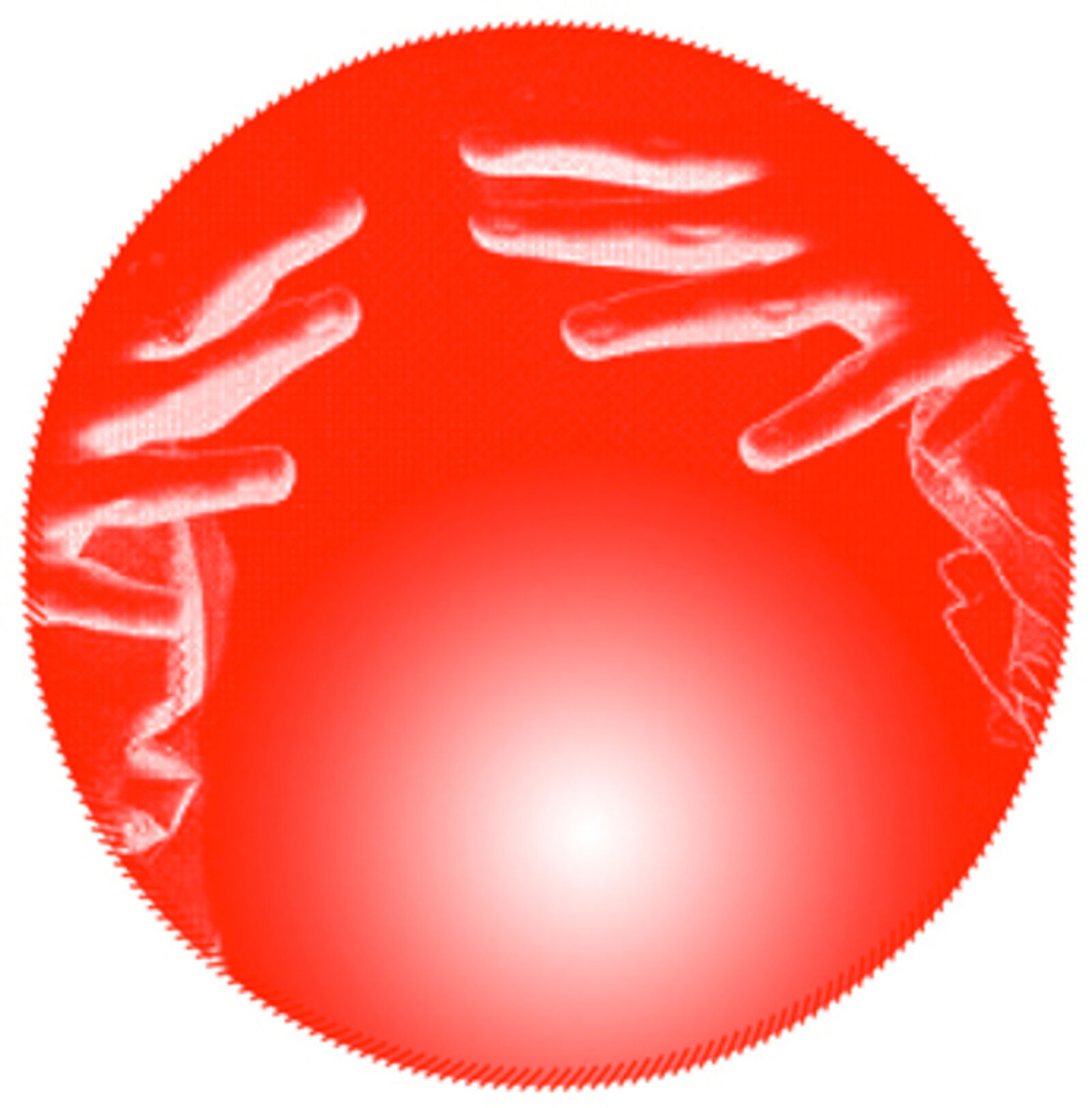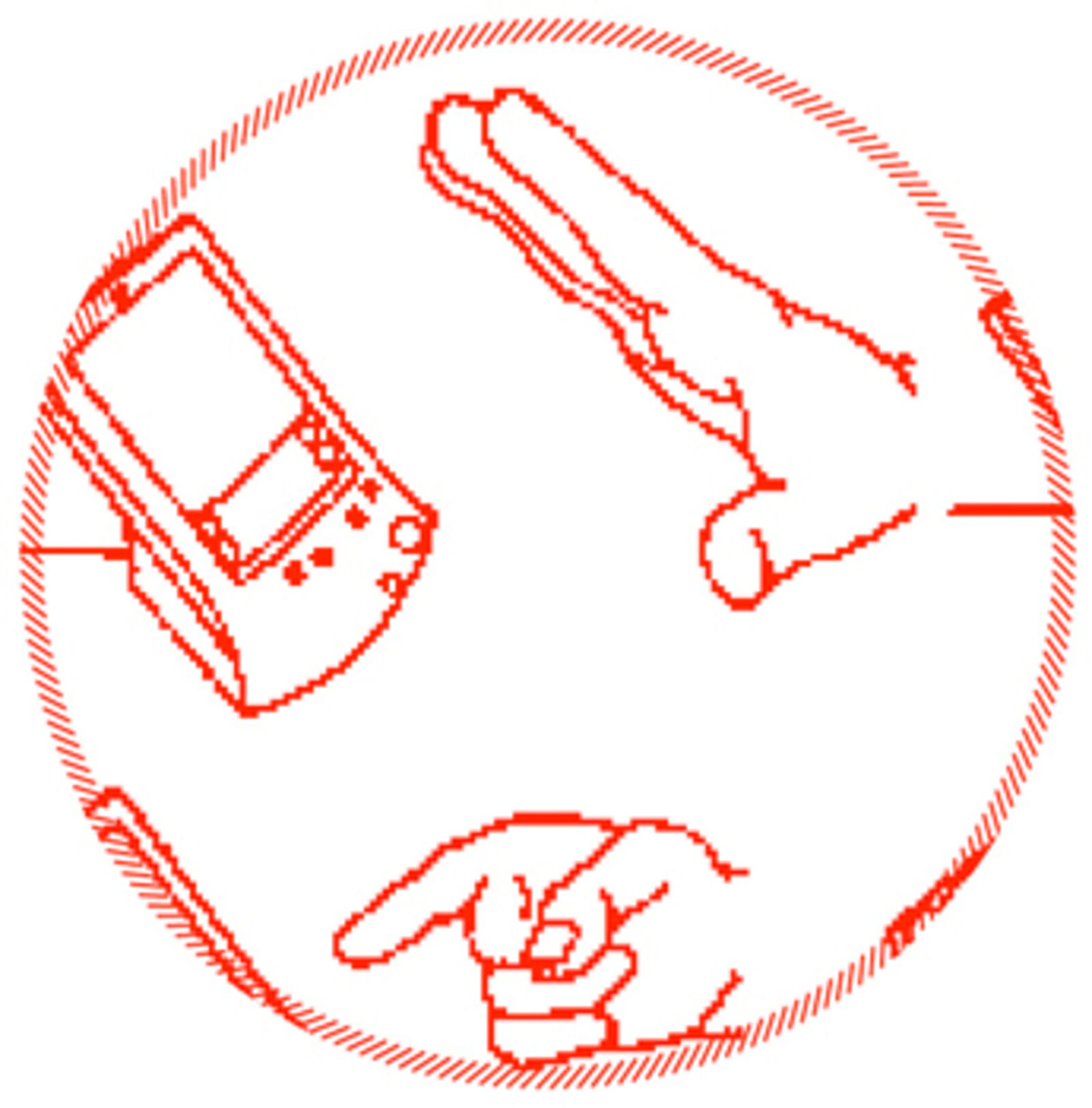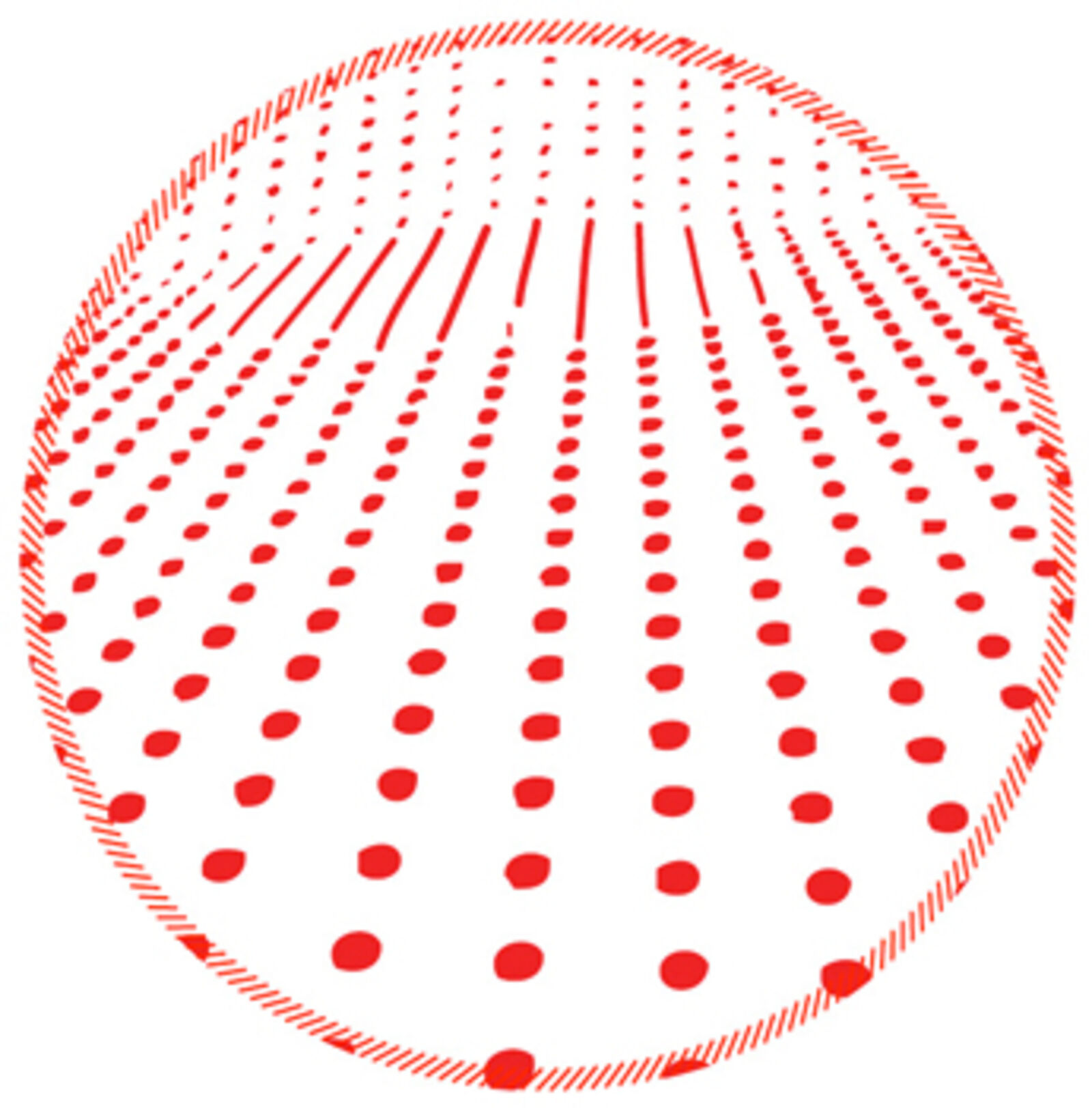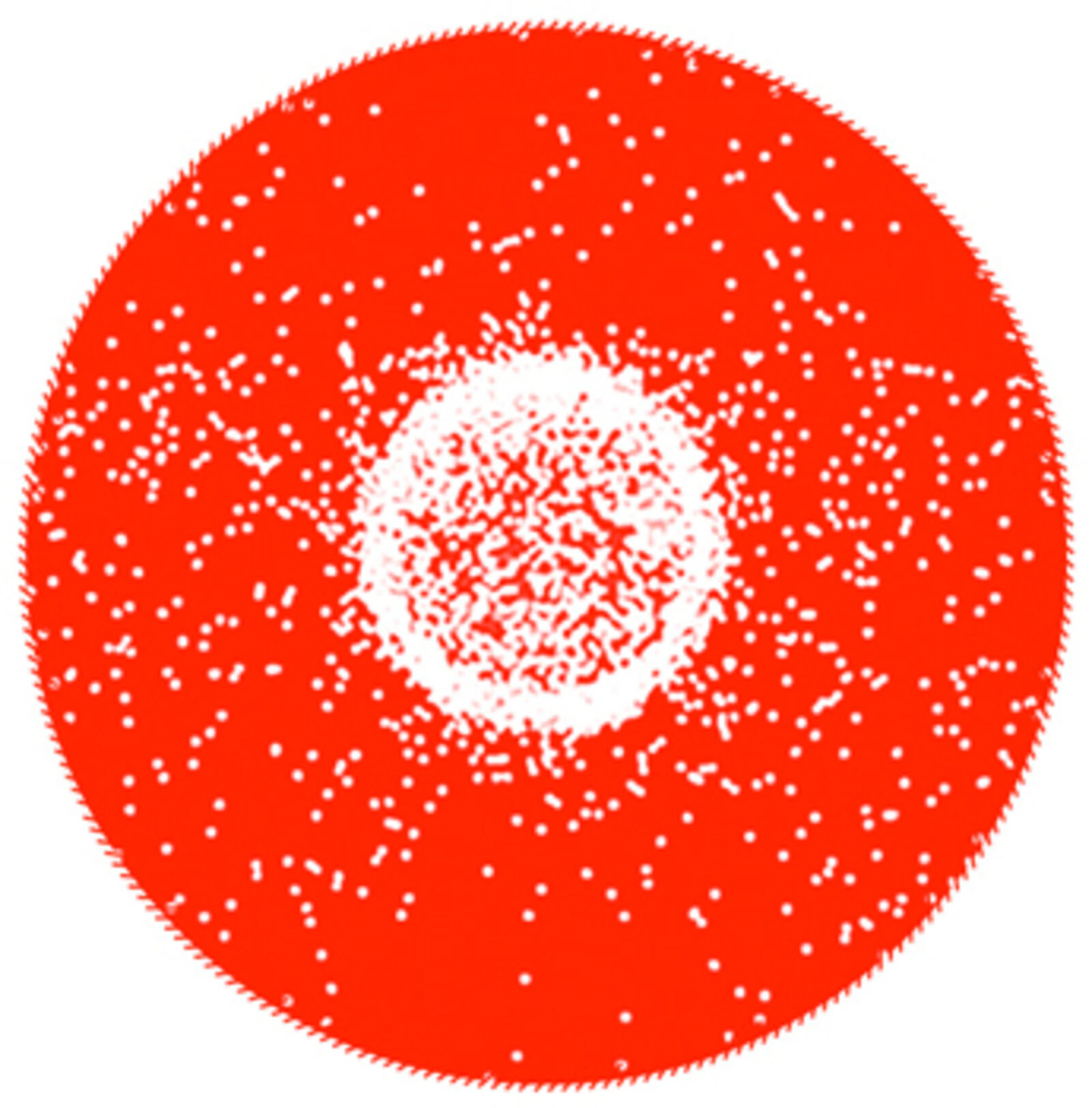Lecture series: Facing Forward #3 "FUTURE HISTORY"
De Oude Lutherse Kerk, Amsterdam

Design: Felix Weigand
Following the successful lecture series and publications “Right About Now: Art & Theory in the 1990s” and “Now is the Time: Art & Theory in the 21st Century”, the Stedelijk Museum Amsterdam, the University of Amsterdam, de Appel arts centre, W139, the Stedelijk Museum Bureau Amsterdam, and Metropolis M, jointly present a new series of lectures and debates: "Facing Forward: Art & Theory from a Future Perspective."
This series and its forthcoming publication will discuss art and theory of the future, focusing on seven themes that together envision possible futures for contemporary art and theory, and offering innovative models and strategies with which to look at our collective future.
Over the course of seven evenings, renowned international speakers will share their perspectives on the topics of Future Tech, Future Image, Future History, Future Freedom, Future Museum, Future City and ultimately, Future’s Future.
Part 3: "Future History", with Amelia Jones and David Summers
Speakers: Amelia Jones, David Summers
Moderator: to be confirmed
In contemporary art and theory, there is renewed interest in the concepts of history, archiving, and cultural memory. This is described by Dieter Roelstraete as the “historiographic turn,” in which artists, exhibition makers, and critics adopt an archaeological modus operandi, meticulously examining the traces of the past. Does this obsession with history indicate an inability to look at the future? Should we and can we jettison the concept of “history” so that we can look at the future once again?
One question that presents itself is whether this sort of attempt to sideline history does not essentially imply a return to the postmodern thinking of Francis Fukuyama and Arthur C. Danto. At the end of the 20th century, they explained that we are living in a post-historic age. This is allegedly a time in which only contemporary matters and the future are important; in a sense, it’s the end of the line in which history no longer exists. Is this conceptual model, an early version of Facing Forward, still relevant to our time, or can we focus on the future in a different way? In other words, how does Facing Forward 2.0 look in relation to the past?
About the speakers:
AMELIA JONES is Professor and Grierson Chair in Visual Culture at McGill University in Montréal. Her recent publications include major essays on Marina Abramović (in TDR), on feminist art and curating, and on performance art histories, as well as the edited volume Feminism and Visual Culture Reader (2003; new edition 2010).
Her most recent book, Self Image: Technology, Representation, and the Contemporary Subject (2006), will be followed in 2012 by Seeing Differently: A History and Theory of Identification in the Visual Arts and her major volume, Perform Repeat Record: Live Art in History, co-edited with Adrian Heathfield, is also due out in 2012.
DAVID SUMMERS is William R. Kenan Jr. Professor of the History of Art in the McIntire Department of Art at the University of Virginia. He received his B. A. degree from Brown University and his M.A. (1965) and Ph.D. (1969) from Yale University. He is the author of numerous books, among which Michelangelo and the Language of Art (1981); The Judgment of Sense. Renaissance Naturalism and the Rise of Aesthetics (1987); Real Spaces. World Art History and the Rise of Western Modernism. (2003); and Vision, Reflection and Desire in Western Painting (2007). He is currently completing the manuscript of a book to be entitled Pathos, Sympathy, Empathy. Essays in the History of Art and Ideas. He was elected to the American Academy of Arts and Sciences in 1996.In contemporary art and theory, there is renewed interest in the concepts of history, archiving, and cultural memory. This is described by Dieter Roelstraete as the “historiographic turn,” in which artists, exhibition makers, and critics adopt an archaeological modus operandi, meticulously examining the traces of the past. Does this obsession with history indicate an inability to look at the future? Should we and can we jettison the concept of “history” so that we can look at the future once again?
Take the conformation e-mail with you to the event. This is your entrance ticket.
See here for more info.






